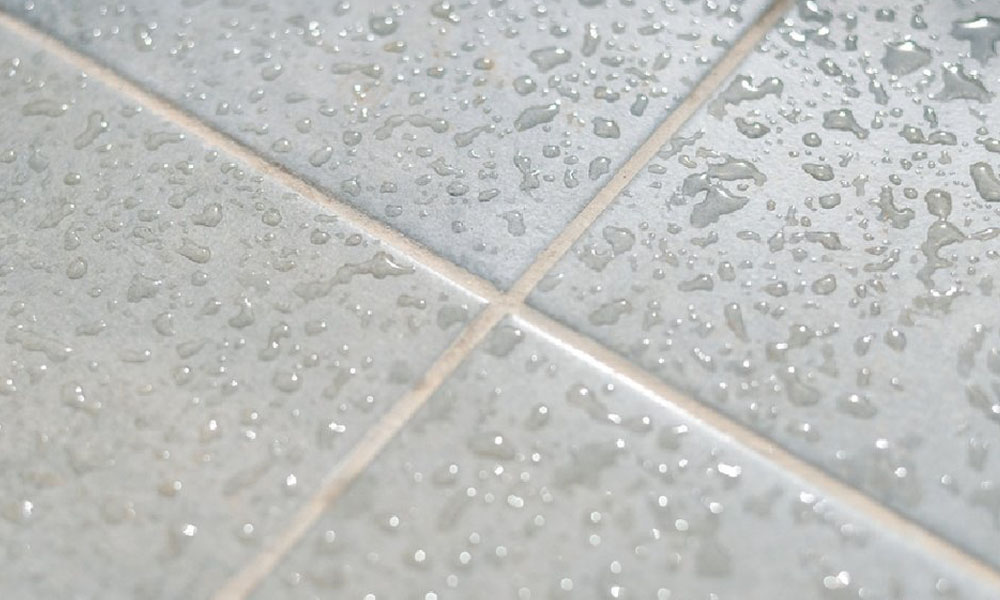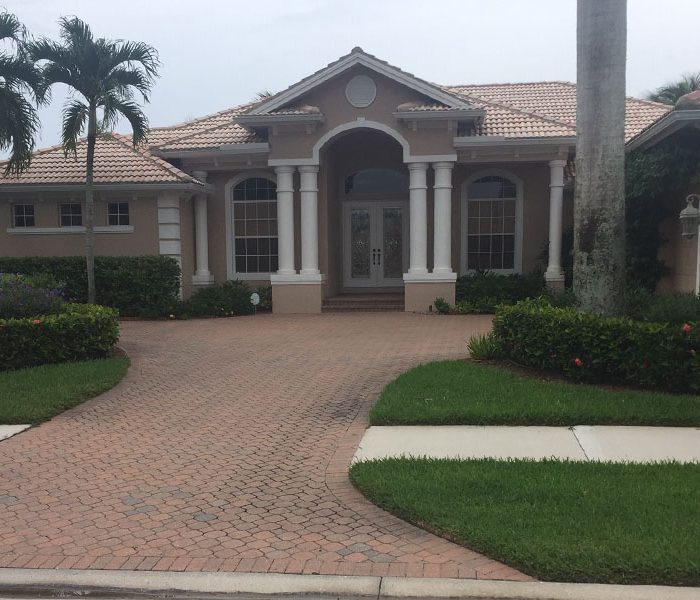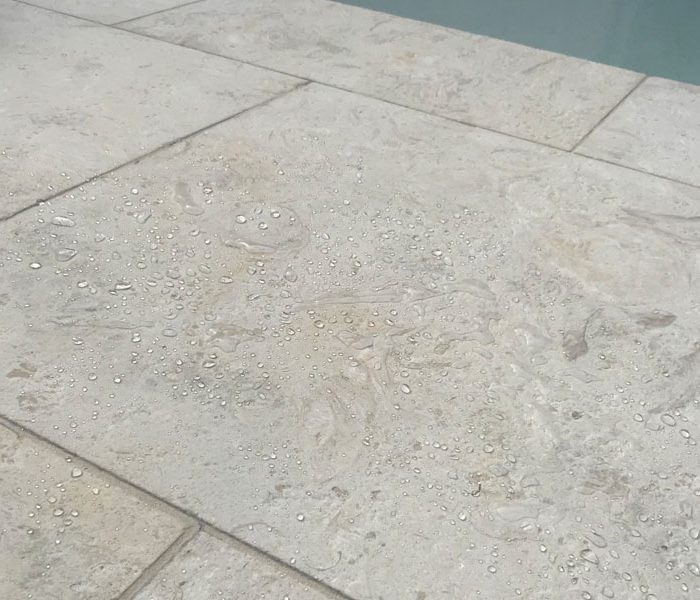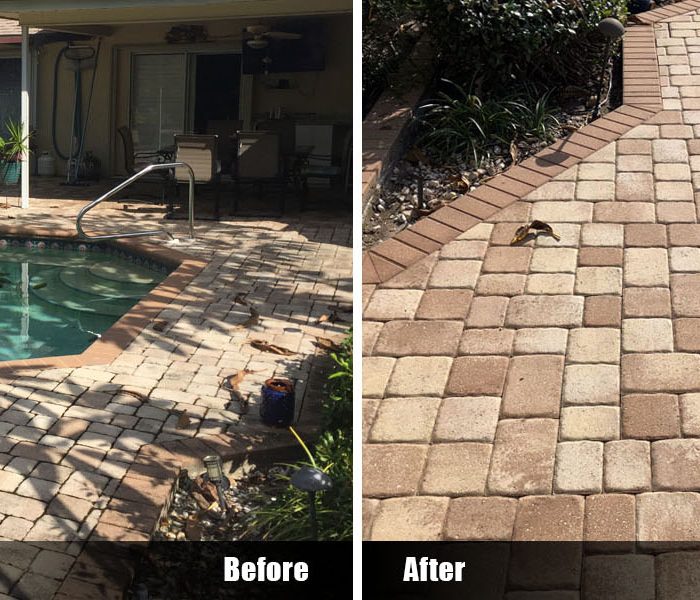Porcelain Sealer
Porcelain Sealer
Porcelain is a ceramic material made by heating materials, generally including kaolin,
in a kiln to temperatures between 1,200 and 1,400 °C (2,200 and 2,600 °F).
The toughness, strength, and translucence of porcelain, relative to other types of pottery,
arises mainly from vitrification and the formation of the mineral
mullite within the body at these high temperatures.
Porcelain slowly evolved in China and was finally achieved (depending on the definition used)
at some point about 2,000 and 1,200 years ago, then slowly spread to other East Asian countries,
and finally Europe and the rest of the world. Its manufacturing process is more demanding
than that for earthenware and stoneware, the two other main types of pottery,
and it has usually been regarded as the most prestigious type of pottery for its delicacy,
strength, and its white colour. It combines well with both glazes and paint,
and can be modelled very well, allowing a huge range of decorative treatments
in tablewares, vessels and figurines. It also has many uses in technology and industry.
The European name, porcelain in English, come from the old Italian porcellana
(cowrie shell) because of its resemblance to the translucent surface of the shell.
Porcelain is also referred to as china or fine china in some English-speaking countries,
as it was first seen in imports from China.
Properties associated with porcelain include low permeability and elasticity;
considerable strength, hardness, toughness, whiteness, translucency and
resonance; and a high resistance to chemical attack and thermal shock.
Soft-paste porcelain swan tureen, 1752-6, Chelsea.
Flower centrepiece, 18th century, Spain.
Porcelain has been described as being “completely vitrified, hard, impermeable
(even before glazing), white or artificially coloured, translucent
(except when of considerable thickness), and resonant.
“However, the term porcelain lacks a universal definition and has “been applied in a very
unsystematic fashion to substances of diverse kinds which have only certain surface-qualities in common”.
Traditional East Asian thinking only classifies pottery into low-fired wares (earthenware)
and high-fired wares (often translated as porcelain), without the European concept of stoneware,
which is high-fired but not generally white or translucent.
Terms such as “proto-porcelain”, “porcellaneous” or “near-porcelain” may be used in cases
where the ceramic body approaches whiteness and translucency.
A high proportion of modern porcelain is made of the variant bone china.
Kaolin is the primary material from which porcelain is made, even though clay minerals might
account for only a small proportion of the whole.
The word “paste” is an old term for both the unfired and fired material.
A more common terminology these days for the unfired material is “body”; for example,
when buying materials a potter might order an amount of porcelain body from a vendor.
The composition of porcelain is highly variable, but the clay mineral kaolinite is often a raw material.
Other raw materials can include feldspar, ball clay, glass, bone ash, steatite, quartz, petuntse and alabaster.
The clays used are often described as being long or short, depending on their plasticity.
Long clays are cohesive (sticky) and have high plasticity;
short clays are less cohesive and have lower plasticity.
In soil mechanics, plasticity is determined by measuring the increase in content of
water required to change a clay from a solid state bordering on the plastic,
to a plastic state bordering on the liquid, though the term is also used less
formally to describe the ease with which a clay may be worked.
Clays used for porcelain are generally of lower plasticity and are shorter than many other pottery clays.
They wet very quickly, meaning that small changes in the content of water can produce large
changes in workability. Thus, the range of water content within which these clays can
be worked is very narrow and consequently must be carefully controlled.
Stella Sealants has great Porcelain Sealer product you can find it in our products section.







